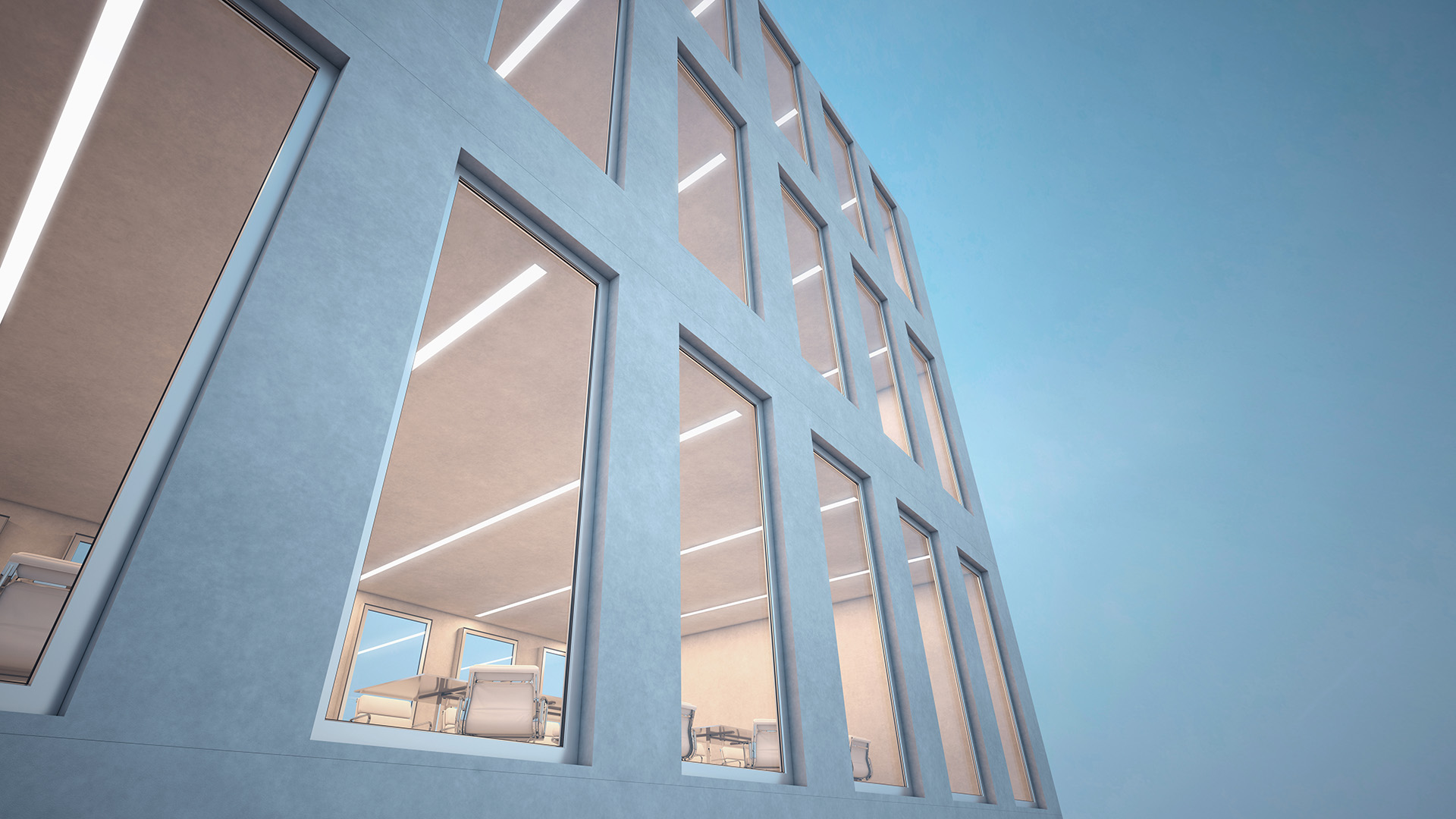With the 2018 FIFA World Cup approaching, Russian governmental and supervisory authorities keep introducing new rules and administrative practices to ensure higher consumer protection and safety standards for businesses involved in preparing for and staging the World Cup. The hospitality industry is obviously a key target for such new rules and practices.
Law and Hospitality in Russia: Welcoming the World Cup

Related services

Category Certificates
In accordance with Federal Law No 108-FZ ’On preparation for and the staging of the 2018 FIFA World Cup, the 2017 FIFA Confederations Cup in the Russian Federation and for amending certain legislative acts’, hotels are only allowed to provide hotel services if they have a category certificate to prove that their services comply with a particular standard. The Government has established that hotels and other types of accommodation are to be classified within six categories, ranging from 5 stars to 1 star, plus a ‘zero star’ category. At present, category certificates are mandatory only in the cities and regions hosting the World Cup. However, as of 2019 this requirement will be expanded to all hotels in Russia. Providing accommodation services without a category certificate is an administrative offence, but only large hotels (having 50 or more guest rooms) will be penalised before 2020.
Sale of Tickets
The same Federal Law prohibits any sales (including re-sale, distribution, allocation, exchange or other similar activities, whether profitable or not) of tickets to World Cup games or other documents giving the right to obtain such tickets, without entering into respective agreements with FIFA or its authorised agencies. Hotels that offer service packages including accommodation and access to World Cup games need to take this into consideration.
Price Regulation
By Decree N. 89 of 10 February 2016, the Russian Government established maximum prices per night for accommodation in hotels that are located in the cities and regions hosting the World Cup. The prices depend on the hotel categories and apply only for the period of staging of the World Cup. The highest prices have been set for St Petersburg. For example, one night in an ‘apartment’ or ‘suite’ type of room in a five-star hotel in St Petersburg costs up to RUB 700,000 (approx. 10,000 euros), while the price for a similar room in Volgograd will not exceed RUB 45,000.
Safety Rules
In April 2017 the Russian Government adopted new requirements for hotels to ensure that their anti-terrorism safety level is adequate. Now all hotels in Russia must be categorized in accordance with their level of potential danger and the risk of acts of terrorism, as well as the possible scope and consequences of such acts. The new rules provide for four safety categories of hotels, each of which is subject to specific requirements and obligations. There are also requirements common for all hotels: to draft a plan of safety measures, to install video surveillance and emergency lighting systems, etc. Except for category 4 hotels (lowest risk level), all hotels must develop safety passports and have them approved by the local offices of the National Guard and the Federal Security Service.
Sanitary Requirements
Contrary to the federal measures described above, implementation of specific sanitary and epidemiological requirements associated with the World Cup is primarily the responsibility of regional authorities. Currently, certain regions have adopted decrees on immunising personnel involved in serving World Cup footballers and guests. For example, hotel employees in the Kaliningrad Region must be vaccinated against hepatitis A by 1 May 2018 (except for those already vaccinated or who have had this disease), and they must prove their previous vaccination against certain other diseases. Employees of restaurants and catering services must also be vaccinated against Sonne dysentery.
Increased Authority Vigilance
The above list of legal requirements is not comprehensive, and hoteliers may face increasing attention from various state agencies until the end of the World Cup. Reports already indicate that the number and frequency of inspections by fire protection authorities have significantly increased. Many issues arise from the specific migration rules for the World Cup guests or the taxation of transactions between hotels and non-resident FIFA suppliers (including those who coordinate accommodation services). Supervision of the use of 2018 FIFA World Cup symbols, which are intellectual property and which FIFA has exclusive rights to, is also a priority task for Russian authorities.
Sharing experiences of dealing with supervisory authorities and best practices of compliance with ever toughening legal requirements is vitally important for hoteliers who are preparing to benefit from the 2018 FIFA World Cup in Russia.










